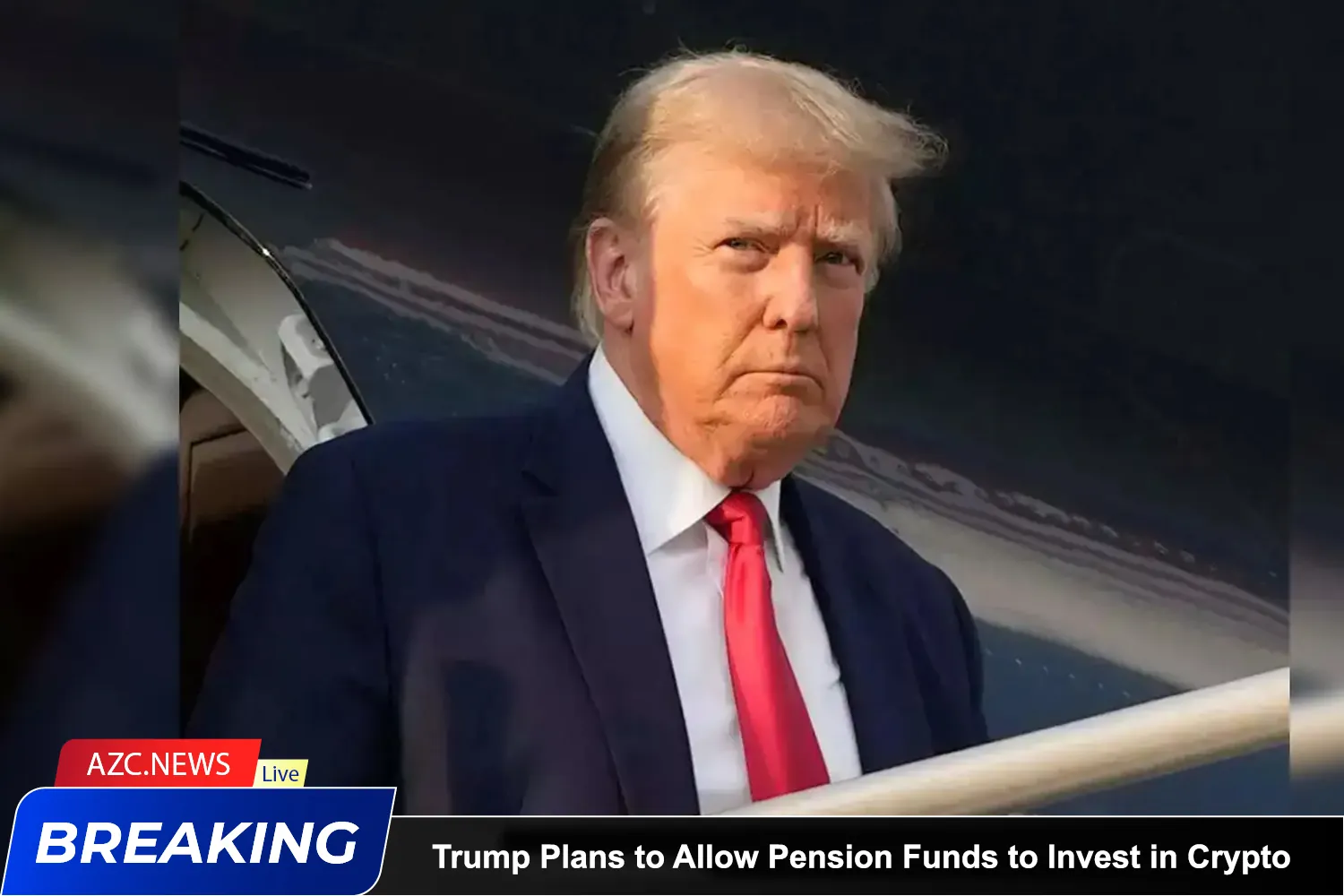According to the Financial Times, U.S. President Donald Trump is planning to allow pension funds in the U.S. to allocate capital into assets such as gold, private securities, and especially cryptocurrencies. If realized, this would be a significant turning point in the U.S., as federal and state pension funds have traditionally only been permitted to invest in bonds and large stocks. As of March 2025, these funds manage a colossal asset base of $8.7 trillion.
However, financial experts believe the Trump administration needs to remove existing legal barriers for pension funds to effectively diversify their investment portfolios.
U.S. States Pioneering Crypto Investments
Since Trump’s inauguration, many states in the U.S. have actively embraced digital assets:
- North Carolina announced two bills allowing pension funds to allocate up to 5% of their assets into cryptocurrencies.
- Michigan has invested over $16 million in Bitcoin and Ethereum ETF funds.
- Wisconsin has increased its holdings in Bitcoin ETF stocks to $163 million.
These moves reflect a growing openness to cryptocurrencies in the U.S.
Related: ETH Surpasses $3600, Capital Inflows into Ethereum ETF Hit Record High
GENIUS Stablecoin Bill Passed by House, Awaiting Trump’s Approval
On July 18 (U.S. time), the U.S. House of Representatives passed the GENIUS Act, the first legal framework for stablecoins in the U.S., now awaiting President Trump’s signature. This bill outlines important regulations:
- Stablecoins must be 100% backed by USD or equivalent liquid assets.
- Issuing organizations with a market cap over $50 billion must undergo annual audits.
- Strict compliance with anti-money laundering regulations.
- Reserve funds can only be used for specified purposes, prioritizing safe assets like short-term government bonds.
- A licensing mechanism at the state or federal level.
- Specific guidelines for issuing foreign stablecoins into the U.S. market.
In addition to the GENIUS Act, Congress is fast-tracking two other bills:
- CLARITY Act: Establishes a market structure for cryptocurrencies.
- Anti-CBDC Act: Prohibits central banks from issuing national digital currencies (CBDCs).
These bills have been actively discussed over the past week, dubbed “Crypto Week,” reflecting a strong focus on the digital asset space.








